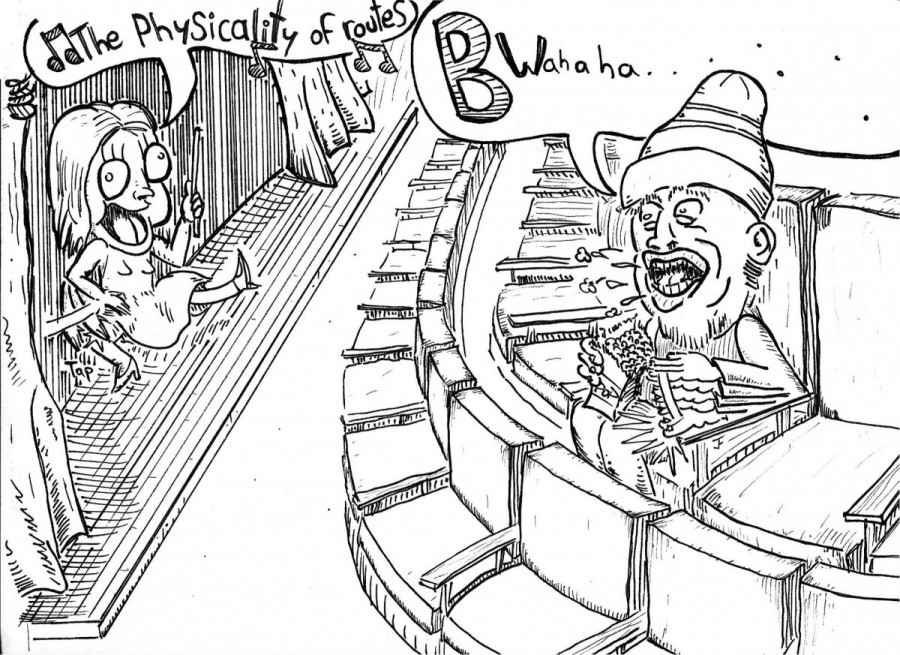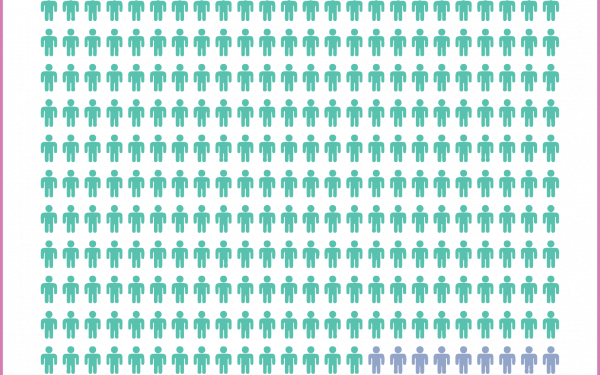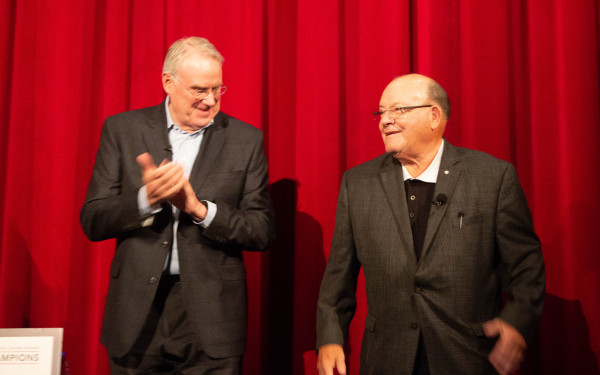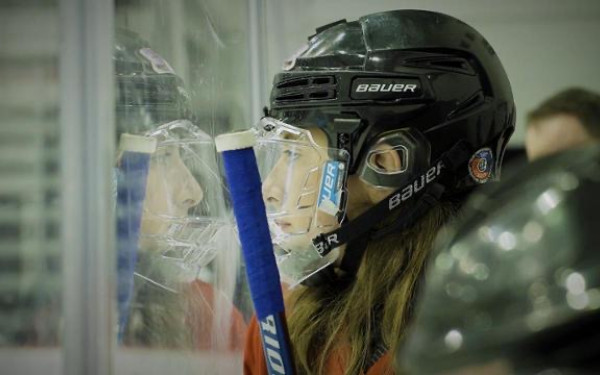When Will Female Sports Reporters Finally be Taken Seriously?
A Response to Cam Newton’s Sexism
If you think sexism in the workplace is dead, think again.
On Oct. 4, Jourdan Rodrigue, a sports journalist for the Charlotte Observer was laughed at by Cam Newton, the quarterback of the Carolina Panthers, for questioning him on the physicality of a player’s routes.
Rodrigue asserted that the Panthers’ new receiver Devin Funchess “has seemed to really embrace the physicality of his routes and getting those extra yards.” She then asked,“Does that give you a little bit of enjoyment to see him kind of truck-sticking people out there?”
Newton’s response became more of an attack on Rodrigue than an actual answer: he chuckled before saying “It’s funny to hear a female talk about routes.”
In light of these comments made by Newton, I’ve decided it’s a great time to talk about the stigma women reporters, even more so, women sports reporters, face in our everyday work.
Rodrigue later responded to his sexist comment in a tweet saying “I don’t think it’s ‘funny’ to be a female and talk about routes. I think it’s my job.”
Listen, I’m not a big sports fan myself. To be honest, I wouldn’t be able to rack up all the plays of the week or be able to explain who did what on which turf. I do expect, however, to be treated with the same respect as any other sports journalist would be treated.
That being said, it can be very hard for sports journalists to put into words what happens out on the field. But that is part of being a journalist, not part of being a woman. But past that, Rodrigue’s question was a good question and deserves a proper answer.
Since I’ve started to write about sports, I’ve found that as a woman, just being part of the sports network makes me an easy target to be sexualized in a room full of other sports journalists who all happen to be men.
It’s simple. We’re the odd ones out. Not a lot of women are in sports journalism. Not because they can’t do it, but because of the implication that sports are a male dominated field, which is even moreso the case for sports journalism.
Scott Fowler, a sports columnist for the Charlotte Observer for over two decades, responded to the situation by asserting that his colleague Rodrigue is incredibly talented and even more knowledgeable than him. Her own colleague, someone with a good reputation in the field, compliments her hard work. So why isn’t she getting the appropriate recognition for doing her job?
During a conversation between Newton and Rodrigue after the press conference where the comment was made, it was reported that Newton explained that his joke would’ve been funnier if he had said “reporter” instead. The fact is, he didn’t. He made a point of denouncing women while asserting they can’t be as good as their male colleagues.
The reality is that women in any field, particularly fields that are male-dominated, will have their work discredited or second-guessed. Sports journalism is an example, not an exception.
Although Newton is known to be unresponsive with reporters as it is, it shouldn’t excuse the reality of women having to deal with unrelated comments about their jobs.
There is no end to this story. Newton’s apology towards Rodrigue was anything but an apology, as she said, “He only made things worse.”
The only way there can be an end to this feud is to start small. By that, I mean people need to fully understand that women can do their jobs, and they can do it well. There is no need for them to be compared to a man’s standard in order to be good at their profession.
Think of it this way: it’s not a man’s job to tell a woman how to do her job.


_600_832_s.png)




